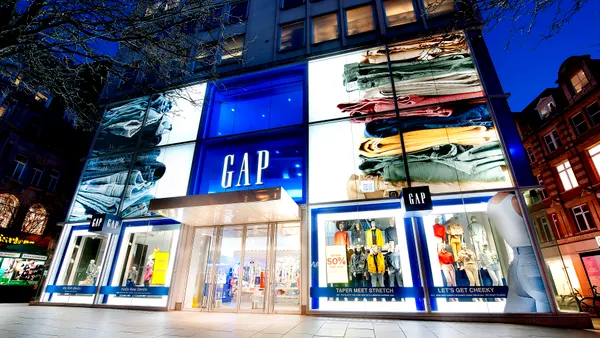Brief:
- Snapchat hosted a virtual Easter egg hunt on April 1 that urged users to collect as many eggs as they could find on Snap Maps, the app's geolocation feature. More than 1 million cartoon eggs were placed in the U.S. and Canada in public locations such as shopping centers, coffee shops, airports and amusement parks in a game that resembled Pokemon Go’s augmented reality (AR) features, according to Adweek.
- Throughout Easter weekend, users could see the locations of nearby eggs on Snap Maps and tap them to open a 3-D World Lenses on a smartphone's rear-facing camera to collect one to five points for eggs captured. A feature in the app displayed user scores and rankings and among friends and the broader Snapchat community.
- Snapchat also pulled an April Fool's Day prank with an image filter designed to look like Facebook's screen, but with Russian bots liking user posts in Cyrillic script, per The Verge. The jab is intended to make fun of how Russian agents placed ads on Facebook to potentially meddle in the 2016 U.S. presidential election.
Insight:
The Great Snapchat Egghunt shows how the social app's image-messaging platform can be used for gaming in the same way that Pokemon Go combined AR features and mapping with its hugely popular mobile game. Snap likely wants marketers to consider the possibilities for future entertainment features including sponsorships of treasure hunts that help to drive foot traffic to specific locations like stores or restaurant chains.
Interactive games can transform passive audiences into active participants who engage with brands through their mobile devices, making such content a fun way to raise awareness. However, brands run the risk of taking things too far which could lead to users getting frustrated if there are too many pop-ups.
Mondelez International's Oreo brand in February hosted "The Great Oreo Cookie Quest," a mobile scavenger hunt that used AR features to urge smartphone users to seek hidden cookies in their surroundings. Earlier this year, Unilever ran a contest that sent mobile users on an AR treasure hunt to win the world's most expensive jar of Marmite, the British food spread. Unilever is a part owner of Snatch, an ad tech startup that developed the AR treasure hunt for Marmite and for a variety of consumer brands such as Amstel, Topshop, Just Eat and Pizza Hut.











